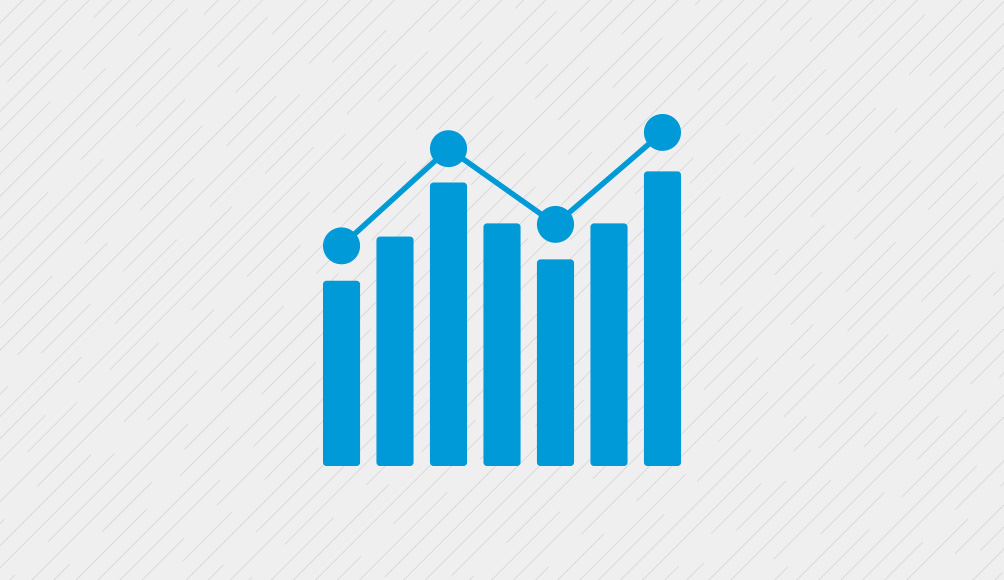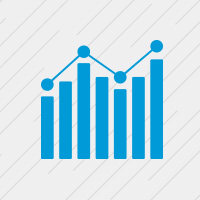
André Allen
CISO
ENGIE North America


Paula Sacks
SVP, CHRO
ENGIE North America

Hiring a candidate with a non-security background for a role in cybersecurity could be considered risky and is certainly outside the norm for many CISOs, whose primary objective is to mitigate risk for the organization.
When André Allen, CISO at ENGIE North America, considers talent for open positions on his team, he does so with an unbiased lens, understanding cybersecurity is a skill that can be learned, and a non-traditional background can be seen as a strength, not a detriment. Hard work and willingness to learn are key attributes for a successful cybersecurity professional, and identifying those qualities have helped Allen build a diverse, high-performing team that has achieved many accolades.
The team works very well together, and proof of that is we've had some significant achievements.
“We are a large company with 24 business units, spanning 70 countries with more than 170,000 employees. One year during our annual cybersecurity meeting in Paris, France, there were 10 awards presented for cybersecurity excellence, and we received half of them,” said Allen.
“We really are a high performing team. What do I attribute that to? I really think when you have various cultural backgrounds, you end up getting a wider selection of creative ideas. Everybody doesn't think the same way all the time, and nobody thinks their way is the best way and the only way,” he continued.
All organizations have opportunities for growth in diversity, equity and inclusion. This is something Paula Sacks, CHRO at ENGIE North America feels strongly about in advancing their efforts in a meaningful way.
“Externally, ENGIE North America took the leadership to bring together peers in the clean energy industry, who we asked to join us to advance diversity and inclusion and to stand against racism all together as an industry and as an energy community. Originally, we had 16 other companies join us, and then after we posted our external statement, 9 additional companies reached out to us to join this commitment. So, in total, 25 partners in the clean energy industry joined us in this commitment,” she said.
What is so inspiring about this is that this effort has created momentum where we are not competing against each other, but instead joining together to take a big step forward as an industry, and this is incredible to see.
Defining Diversity
For as long as it’s been studied, the effects of diversity on a team’s performance, retention and engagement are overwhelmingly positive. Part of the success of the cybersecurity team at ENGIE North America could be attributed to the fact that they have a mix of race, ethnicity, gender and backgrounds, defying the norms of many cybersecurity teams.
According to a landmark 2015 McKinsey study on diversity, increased revenue, employee engagement and better talent retention are all outcomes of a diverse workforce. Yet, women, African Americans and other minorities are disproportionately underrepresented.
With a negative unemployment rate and job shortage of nearly 1 million positions in the cybersecurity field, many organizations, especially in the energy sector, are fighting a losing battle with nation states, who have built cybersecurity armies that actively launch successful attacks against critical infrastructure. Given the vast pool of untapped, diverse talent that is available, the cybersecurity profession is ideal for establishing diverse hiring programs, said Allen.
This perspective lends itself to both filling a need for talent and supporting the mission of advancing DE&I efforts across the organization. ENGIE North America’s stance on DE&I is clearly stated to their constituents and can summarized in one, straight-to-the-point sentence:
The responsibility to prioritize Diversity & Inclusion involves us all.
Allen said he blends his personal experience and background into the decision-making calculus when identifying and hiring talent.
“Being a black man and taking into consideration my personal experience over the last 40 years has led me to be unbiased in my recruiting and hiring efforts. Considering some of the bias I faced in the past concerning job opportunities and promotion opportunities, I am determined to hire the most qualified candidates regardless of race. As a result, I have been able to hire a diverse team,” said Allen.
But diversity is more than just race, ethnicity and gender. Some of the most exceptional cybersecurity professionals recruited by Allen in his time at ENGIE North America, the City of Houston and NASA, did not have cybersecurity backgrounds. Drawing from backgrounds such as IT, software development and engineering, he was able to ensure their success through classroom and on-the-job training because they demonstrated the most important qualities: a willingness to learn and a strong work ethic.
For Sacks, her career path took her from HR to other operational and leadership roles outside of HR, shaping her view of how HR partners with and enables the business. This array of experiences has allowed her to lead not with an HR agenda, but the business agenda.
“Leading in business, operational and customer-facing roles for the time that I did in my career, helped me see how to approach everything that I'm doing through the lens of the business,” said Sacks. “What is either the business problem that we're trying to solve or the business impact we have the opportunity, through something related to people, talent or culture, for example, that would allow us to positively impact the business.”
Reflecting on how this view impacts ENGIE North America’s efforts in DE&I, she said, “We can’t lead if our DE&I efforts are just an HR Initiative. DE&I will only progress when it is a business priority, supported both strategically from the top and organically from employees. We are combining the power of both.”
Attracting Talent
Hiring diverse talent starts with attracting diverse talent. While simply stated, this requires significant changes to how organizations approach their recruitment efforts. Generally speaking, many job postings are not wholly inclusive and often use language that could deter diverse talent. ENGIE North America’s commitment to diversity spans a wide range of actionable changes, including making their job postings more inclusive.
Some of those changes include ensuring that gendered pronouns or traditionally masculine or feminine adjectives are not used in postings, including diversity in images and photos, reformatting postings to fit a broader audience (for example, shorter, mobile friendly), and adding testimonials that include people with diverse backgrounds.
The cybersecurity team at ENGIE North America and the organization as a whole have also benefited from fostering talent within their intern program and doubling down on a robust leadership and development program.
“We have committed to expanding university graduate recruitment efforts at historically black colleges and universities and other minority-serving institutions. Additionally, we will be able to offer internships to give strong work experience opportunities to a diverse group of students,” said Sacks.
“We are also planning a partnership with HR to develop a program to hire cybersecurity interns from HBCUs and other minority-serving institutions, as well as work with vocational programs that focus on under-served communities,” said Allen.
ENGIE’s values are bold, open, demanding and caring. “Our values are incorporated into all aspects of our DEI efforts,” said Sacks. She noted that while there remains work to be done, they are focused on practicing social justice, being values oriented and ensuring those values are at the center of their efforts to advance DE&I.
What Does the Future Hold?
Being an organization that truly embodies a diverse, equitable and inclusive environment for their workforce requires a movement towards racial justice, not just a moment. Becoming an anti-racist organization requires clear, actionable and measurable statements of intent along with follow up on progress.
In response to recent civil unrest related to racial injustice, ENGIE North America made several commitments for both immediate action and future expansion of their DE&I program.
Some of these commitments include launching a D&I learning path that focuses on unconscious bias and inclusion, as well as establishing a D&I committee that will be comprised of a diverse team spanning business units and peer groups. They are also expanding their employee resource groups and defining trackable and reportable D&I metrics. These commitments are a step in the right direction of creating a well-established culture of inclusion and belonging that is sustainable and poised for growth.
Discussing his partnership with the HR team, Allen said, “I am working on a proposal to present to ENGIE executive leadership and all the 25 partners in the clean energy industry who committed to join ENGIE to advance diversity and inclusion and to stand against racism all together as an industry and as an energy community. The primary objective of this proposal would be to strengthen the energy industry’s cyber defenses and cyber resilience by partnering with HBCUs to establish scholarships and internships in cybersecurity, and ultimately employment, for minority students and graduates.”
“This would, undoubtedly, be a win-win proposition for all in these challenging times that we are experiencing today,” he said.
Looking toward the future, Sacks said, “When I look ahead I see ENGIE North America so rapidly advancing in our DEI efforts as we have so many empowered employees and leaders across the organization that are working in concert together to make monumental progress in our journey. We have support from the top that only a CEO can provide to help with that momentum.”
“It is so inspiring to see commitment from the top down and from bottom up, with all of us working towards the exact same vision. I know we will look back in two or three years and see the incredible difference we have made,“ she concluded.
Special thanks to André Allen, Paula Sacks and ENGIE North America.
by C-Level, for C-Level
Join the conversation with peers in your local community.





